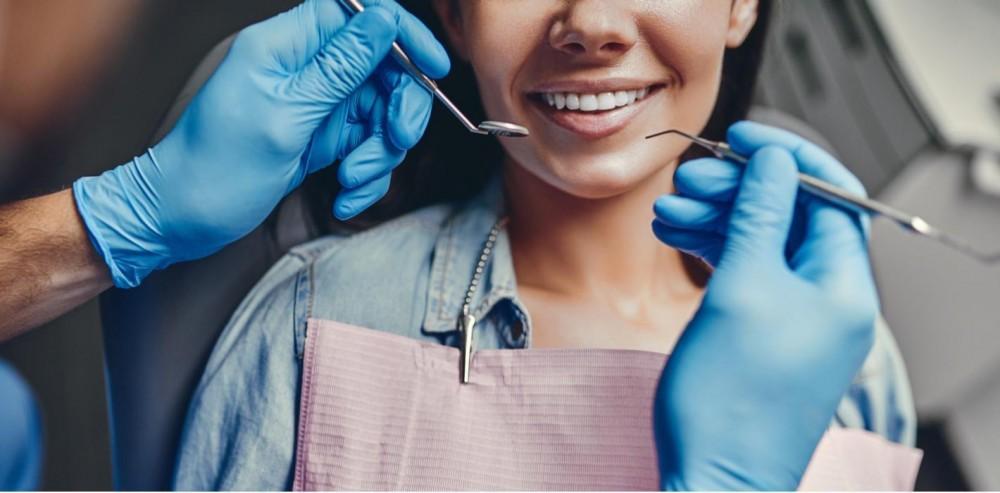
“You need a root canal” may be some of the most-dreaded words in the English language. But, the process isn’t nearly as bad as you might imagine, because your thinking back to an old stereotype. Dr. Saeed Mokhayeri and Dr. Hengameh Safarcherati offer state-of-the-art root canals that can help save your teeth.
How do you know whether you might need this tooth-saving procedure? Not everyone experiences the same symptoms, but there are some signs that you should get an evaluation. If you are experiencing any of these symptoms, consider scheduling an appointment at Arya Dental.
Pain
The most obvious symptom is likely exactly what you think, and that is pain. If the pulp of your tooth — the innermost, soft tissue — is inflamed or infected, you might think that the pain would be excruciating. And sometimes, for some people, it is.
But you might also experience mild pain, or feel pain when you bite down. Your tooth might hurt in the evenings but not in the morning. In other words, the pain you feel when you need a root canal can vary widely.
If you’re experiencing ongoing tooth pain, you should see a dentist. It’s not normal, and it could indicate an unexpected problem. Early treatment is always best!
Swollen gums
There are lots of reasons your gums might swell, and none of them are particularly good. If your gums are swollen and tender, it could mean that you need a root canal. It could also mean that you have gingivitis, or some other problem.
Sensitivity to hot or cold
Is it excruciating when a piece of ice touches a particular tooth? Can a sip of hot coffee bring you to your knees? Sensitivity to hot or cold foods or beverages could be a sign of inflammation or infection.
Often, patients who need root canals report that the sensitivity or pain from heat or cold lingers long after the hot or cold item has been removed.
A ‘pimple’ on your gums
Your gums may not become swollen and tender when you need a root canal. Instead, you may get a small bump that looks and feels like a pimple on your gums. It’s not a pimple, but it could well be a symptom of a deeper infection that requires treatment.
A change in color
If you’ve noticed a tooth changing color, especially getting darker, it could be a sign of infection. It could also indicate other problems, and should be looked at by a qualified dental professional.
Treatment
Your teeth have several layers. There’s the hard enamel on the outside, which covers a layer of dentin. The dentin protects the pulpy layer in the middle. The pulp contains nerves and blood vessels that allow you to have feeling and that nourish your teeth.
If you have tooth decay, it can spread to that pulpy layer and cause significant problems, including the loss of your tooth. The infection can even spread to your bones if it’s not treated.
Root canals have a bad reputation, but this procedure is now performed with advanced techniques, and both technology and anesthetics have improved. You’re likely to be surprised by the ease of the procedure and recovery.
If you have any of the symptoms we’ve talked about here, schedule an appointment at Arya Dental. Regardless of whether you need a root canal, you should have the reason behind your symptoms investigated.
You can request an appointment online at any time, or you can call us at 714-646-9546, Monday through Friday 9am to 6pm, or Saturday from 9am until 4pm to schedule. You can also send us a message here on our website.






